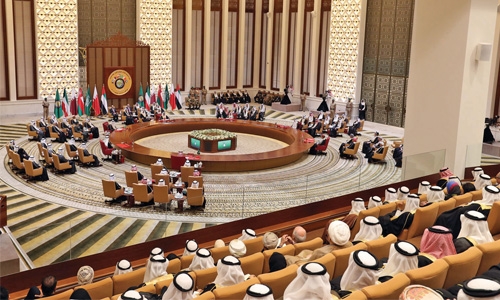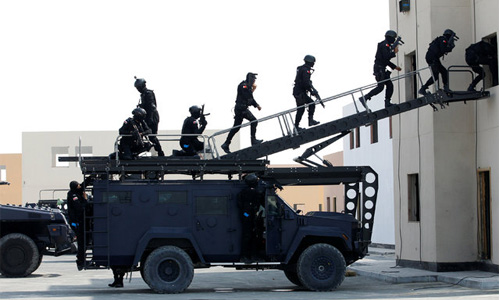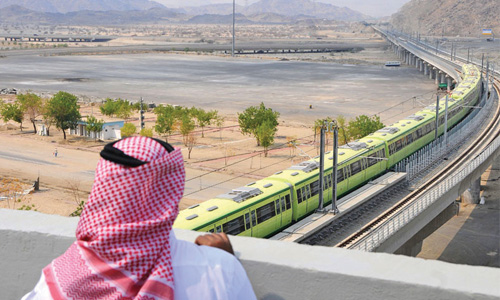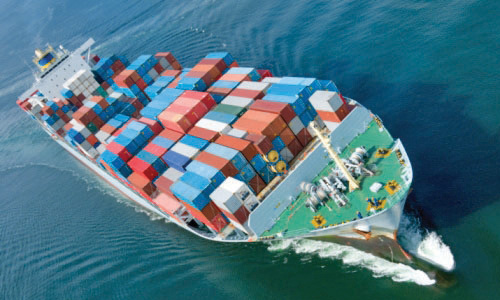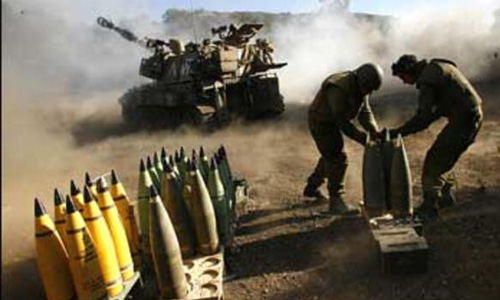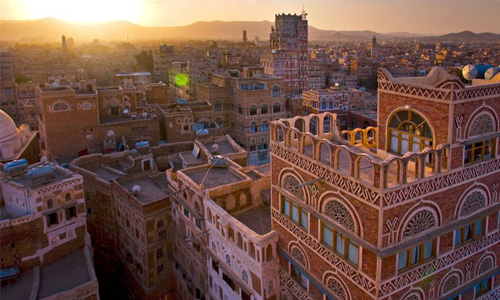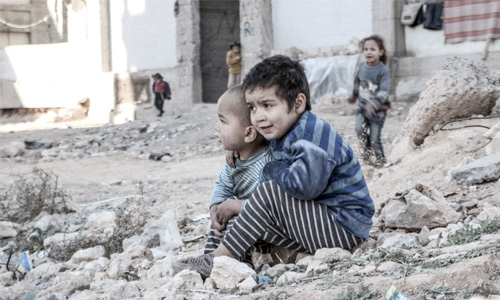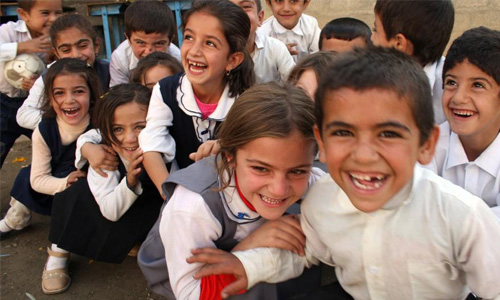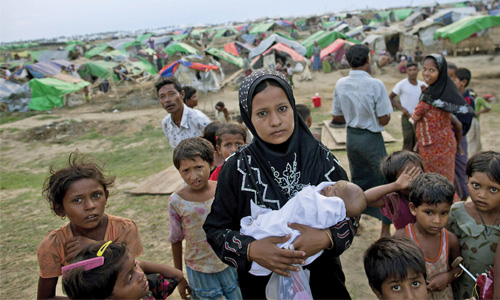Strategic decisions taken at GCC summit
Manama : The 37th GCC Summit which recently concluded in the Kingdom has come up with resolutions that will further boost the joint GCC action through more rapprochement in the economic, political, social, military and security fields in order to achieve Gulf Unity.
The Summit, presided over by His Majesty King Hamad bin Isa Al Khalifa, was attended by Prime Minister HRH Prince Khalifa bin Salman Al Khalifa, Kuwaiti Emir Shaikh Sabah Al Ahmed Al Jaber Al Sabah,
Qatari Emir Shaikh Tamim bin Hamad Al Thani, Oman Deputy Premier Sayyid Fahad bin Mahmoud Al Said, Custodian of the Two Holy Mosques King Salman bin Abdulaziz Al Saud, British Prime Minister Theresa May, UAE Vice President and Dubai Ruler Shaikh Mohammed bin Rashid Al Maktoum, Crown Prince, Deputy Supreme Commander and First Deputy Premier HRH Prince Salman bin Hamad Al Khalifa and GCC Secretary General Dr. Abdullatif Al Zayani.
Firm stance on terrorism
The Council, expressing satisfaction over establishing an effective defence system to confront the different challenges and threats, endorsed a report submitted by the joint defence council as an outcome of its meeting held in Riyadh in November 2016.
-
The importance of the Arab Gulf Security military drill (1), hosted by Bahrain in November 2016, in enhancing security cooperation stressed.
-
GCC will be firm against terrorism,extremism and all thoughts of the terrorist groups aiming to defame the Islamic religion.
-
The suicide explosions which took place in Saudi Arabia during Ramadan denounced.
-
The council lauded the efforts being exerted by the security authorities of Bahrain in thwarting the Iranian revolutionary guard and Hezbollah-supported plots targeting a number of sites in Bahrain.
-
The council reiterated its confirmation of considering Hezbollah militias as terrorist organisation.
GCC railway projects to be completed
The Council reviewed the economic and developmental integration on a number of issues and came up with the following outcomes.
-
The exchange of credit information among the council’s members according to a short-term working plan approved.
-
Monetary agencies, and central banks of the GCC states to possess, run and finance the project of ‘linking the payment systems of the GCC countries’ as an independent company.
-
Law on combating commercial cheating in the GCC countries approved.
-
The economic and developmental affairs to forge the necessary mechanism to complete the GCC railway projects as per the vision of the Custodian of the Two Holy Mosques.
-
GCC countries female and male youths to be recruited as consultants at the secretariat general.
-
Health of expatriates to be reassured using the electronic test system linking the GCC countries.
GCC members to focus on environment
The Council expressed profound concern of the U.S. congress law, Justice Against Sponsoring Terrorism Act. U.S authorities were asked re-consider this legislation as it would have negative reflections on relations among countries, in addition to the international economic harms that might be sustained from it.
Specialised ministerial committees have been assigned to study on:
-
A comprehensive strategy on environmental cooperation among the GCC countries
-
GCC citizens productivity
-
Enhancing the role of the GCC private sector investment in agricultural and livestock projects.
-
Importance and hazards of social media networks
-
Role of women in comprehensive development in the GCC
-
Framework and fields of strategic cooperation among the GCC and Africa.
Dialogues and negotiations made
The Council expressed satisfaction over the efforts of the Ministerial Council and the General Secretariat to strengthen the strategic partnership between GCC countries It also expressed satisfaction over the progress made in strengthening the strategic partnership with each of Jordan and Morocco.
-
The Supreme Council blessed the resumption of free trade negotiations with China.
-
Call for complete withdrawal of Israel from all Arab territories occupied in 1967, and the establishment of an independent Palestinian state with East Al-Quds as its capital.
-
Support extended for the French initiative and all Arab and international efforts to broaden participation to solve the Palestinian Cause.
-
Israeli settlements on the occupied Arab territories deemed illegal.
-
Occupation by Israel of all Arab territories declared null and void.
-
The Supreme Council reaffirmed its support for the accession of Palestine to UN as a full member in all regional and international forums.
-
The continuation of Iran’s occupation of the three islands, Greater Tunb, Lesser Tunb and Abu rejected.
-
Iran invited to respond to the United Arab Emirates calls to resolve the issue through direct negotiations or report to the International Court of Justice.
Iran asked not to interfere
The Supreme Council expressed its total rejection of the continuation of Iranian interference in the internal affairs of the GCC countries.
-
Iran asked to cease immediately practices, which violate GCC norms.
-
Iran urged to change its policy and not harbour terrorist groups on its territory, including Hezbollah militia.
-
Iranian officials asked to refrain from actions aimed at politicizing the Hajj, and cooperate with the official authorities in Saudi Arabia to organize the Hajj season, to allow Iranian pilgrims to perform rituals.
Council affirms commitment to Yemen
-
The formation of a national salvation government in Yemen stressed.
-
The coalition to support the legitimacy of Yemen is the largest donor of humanitarian aid to the Republic of Yemen during Operation Restore Hope.
-
International Conference to be held for the reconstruction of Yemen.
-
Call to investigate allegations of human rights violations in Yemen.
Humanitarian crisis in Syria condemned
The Council expressed its deep concern about the serious humanitarian situation in Syria and reaffirmed the firm position of the GCC countries in preserving the unity of Syria and its stability and territorial integrity.
-
Extreme raids launched by Bashar al-Assad’s forces on the city of Aleppo condemned.
-
The need to implement Security Council Resolution 2254 with respect to the lifting of the siege on the Syrian besieged cities hailed.
-
Member States urged to provide direct financial support to relevant international organisations in Syria to ease the suffering of the Syrian people.
-
The use of the Syrian regime’s chemical weapons is a clear violation of the rules of international law
-
An emergency special session of the General Assembly of the UN called to make recommendations regarding Syria.
Support extended to Iraq
The council stressed commitment to the unity of brotherly Iraq and its refusal to intervene in the internal affairs of Iraq.
-
Support extended for the Iraqi government in the liberation of Mosul from ISIS and decided unanimously to refer prisoners, missing persons and Kuwaiti property and national archive file to the United Nations Mission (UNAMI).
Call to end woes of Rohingya Muslims
The systematic violations against the Rohingya Muslim in Myanmar and the continued racial discrimination and violations of human rights was strongly condemned. The Supreme Council called upon the international community, especially the Security Council, to find a quick solution to this issue.
Related Posts

